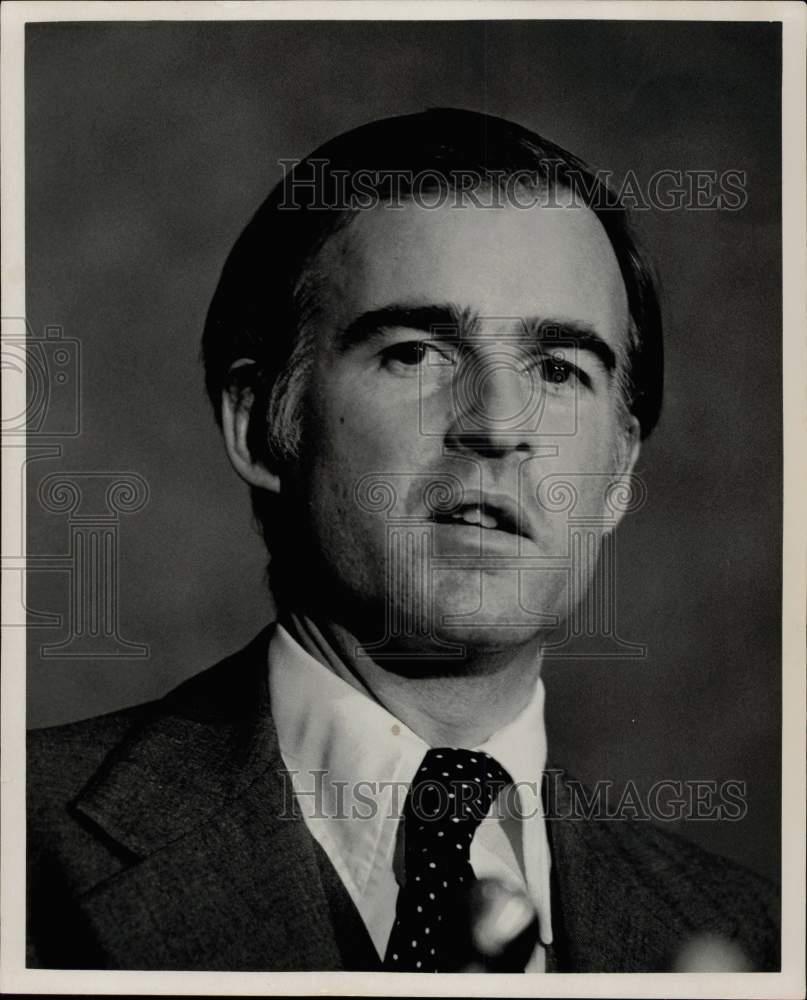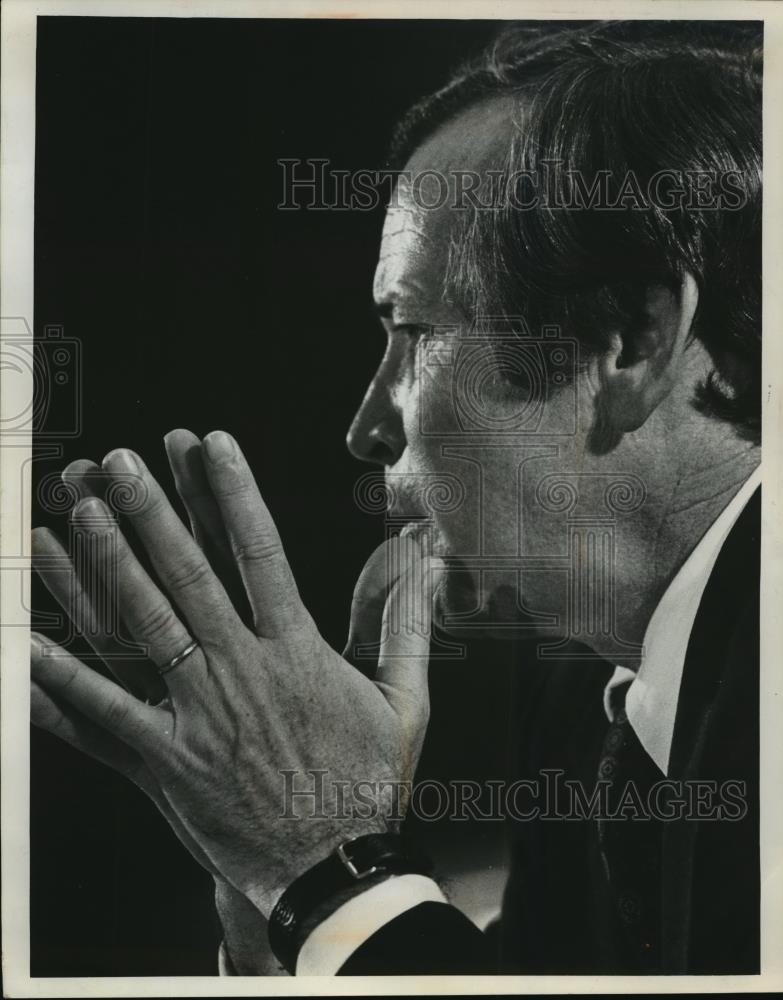49ersfootball
Well-known member
Gallup Polling Survey (December 28th, 1977)
Opinion of President Jerry Brown (D)
Approve: 41%
Disapprove: 57%
Opinion of First Lady Linda Ronstadt Brown (D):
Approve: 70%
Disapprove: 12%
Undecided: 4%
Opinion of Vice President Jimmy Carter (D):
Approve: 43%
Disapprove: 55%
Opinion of Second Lady Rosalyn Carter (D):
Approve: 61%
Disapprove: 25%
Opinion of US Secretary of State Walter Mondale:
Approve: 37%
Disapprove: 57%
Opinion of US Secretary of Defense Benjamin O. Davis, Jr.,:
Approve: 73%
Disapprove: 16%
1978 Midterms: Control of Congress
DEMS: 57%
GOPERS: 40%
Hypothetical 1980 Presidential election matchups: Who would you vote for in the presidential election between President Jerry Brown & former CA Governor Ronald Reagan?:
Reagan (R): 56%
Brown (D-incumbent): 37%
******Hypothetical Matchup between President Brown vs former President (US Ambassador to Spain) Nelson Rockefeller:
Rockefeller (R): 73%
Brown (D-incumbent): 16%
******Hypothetical Matchup between President Brown vs former CIA Director George HW Bush:
Bush (R): 35%
Brown (D-incumbent): 17%
Undecided: 26%
Not Sure: 12%
Opinion of President Jerry Brown (D)
Approve: 41%
Disapprove: 57%
Opinion of First Lady Linda Ronstadt Brown (D):
Approve: 70%
Disapprove: 12%
Undecided: 4%
Opinion of Vice President Jimmy Carter (D):
Approve: 43%
Disapprove: 55%
Opinion of Second Lady Rosalyn Carter (D):
Approve: 61%
Disapprove: 25%
Opinion of US Secretary of State Walter Mondale:
Approve: 37%
Disapprove: 57%
Opinion of US Secretary of Defense Benjamin O. Davis, Jr.,:
Approve: 73%
Disapprove: 16%
1978 Midterms: Control of Congress
DEMS: 57%
GOPERS: 40%
Hypothetical 1980 Presidential election matchups: Who would you vote for in the presidential election between President Jerry Brown & former CA Governor Ronald Reagan?:
Reagan (R): 56%
Brown (D-incumbent): 37%
******Hypothetical Matchup between President Brown vs former President (US Ambassador to Spain) Nelson Rockefeller:
Rockefeller (R): 73%
Brown (D-incumbent): 16%
******Hypothetical Matchup between President Brown vs former CIA Director George HW Bush:
Bush (R): 35%
Brown (D-incumbent): 17%
Undecided: 26%
Not Sure: 12%









